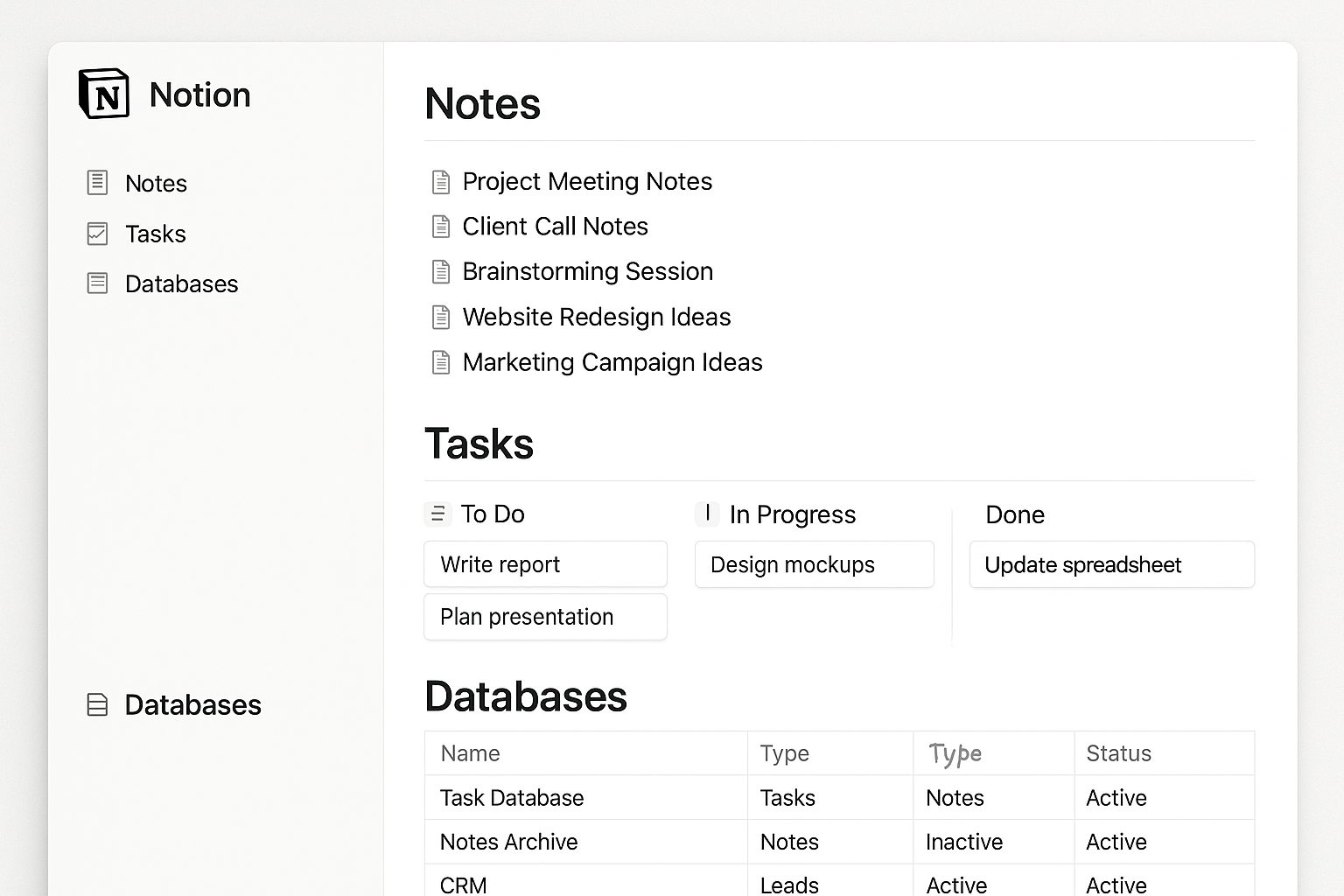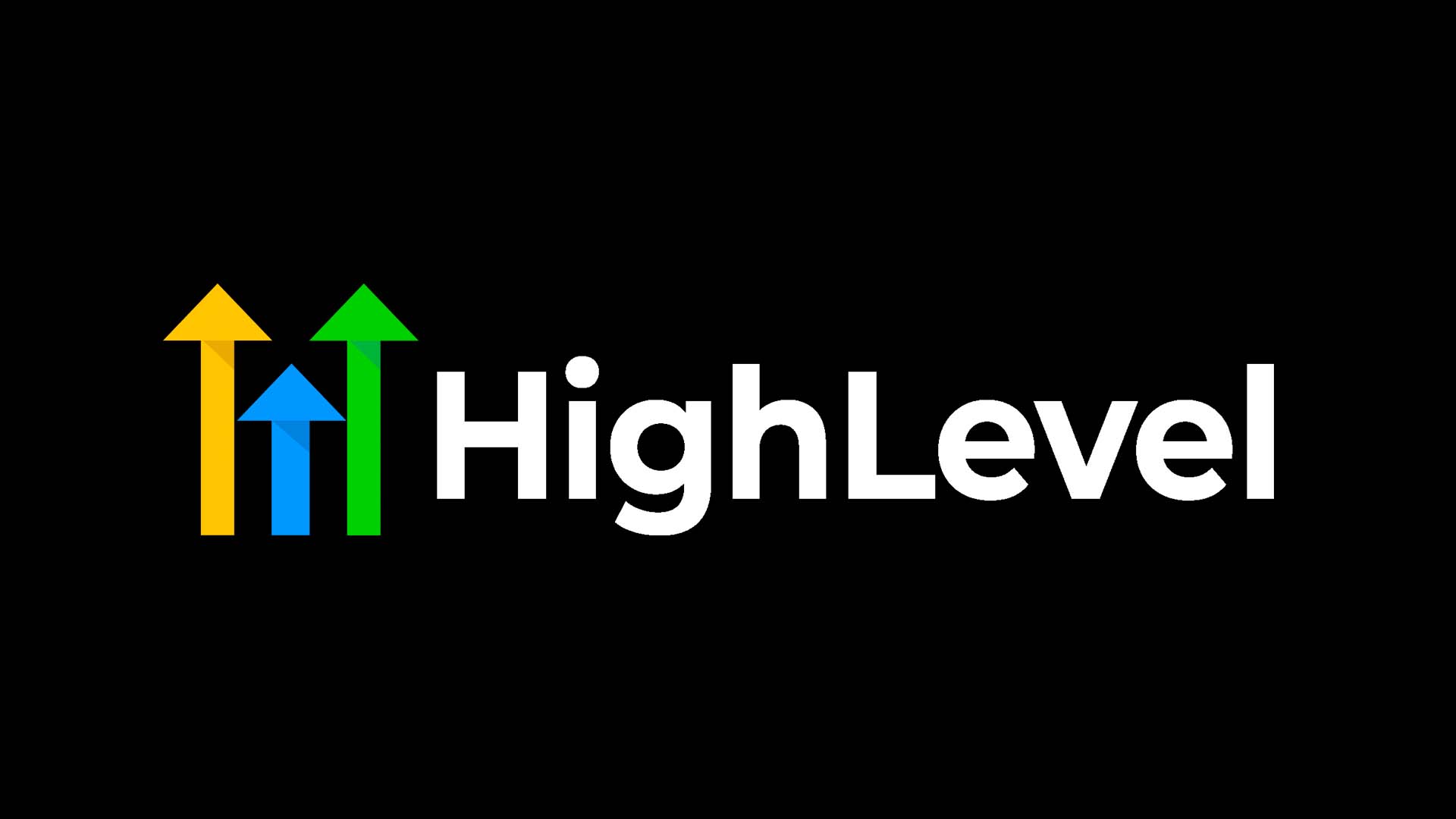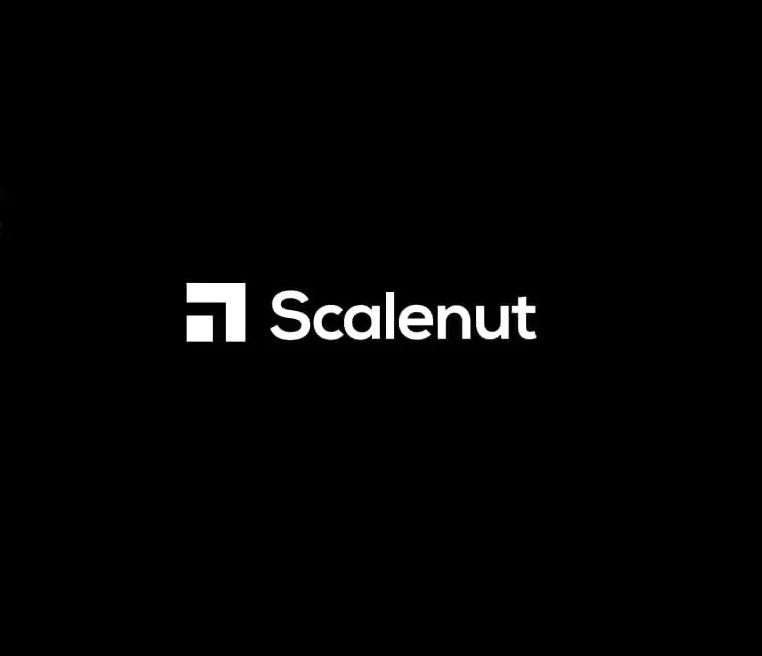When people ask about my productivity setup, Notion often comes up as one of the tools in my workflow. While I certainly don't run my entire business on it (and wouldn't recommend that approach), I've found some specific uses where it genuinely shines. Today, I want to share the five most valuable ways I've incorporated Notion into my business organization system.
Let's be clear from the start: no single tool is perfect for everything. My approach has always been to use the right tool for each specific job rather than forcing everything into one system. That said, Notion has earned its place in my toolkit for these particular functions.
The Problem With My Previous Workflow
Before integrating Notion for specific tasks, I faced some distinct challenges:
- Important information scattered across multiple note-taking apps
- Difficulty finding reference materials when needed
- Content planning that didn't connect well with research
- Project documentation that team members struggled to navigate
I wasn't looking to overhaul my entire system - just to solve these specific friction points.
1. Content Planning and Research Hub
My most valuable Notion setup is a content database that connects ideas, research, and publishing status. Here's how it works:
- Main Database: Each content piece (blog post, video, newsletter) has its own entry
- Properties: Status, platform, target publish date, content type, and topic categories
- Connected Research: Each entry links to a page where I collect notes, links, and resources
What makes this powerful is the ability to toggle between calendar, kanban, and list views depending on what I need to see. When planning content, I use the calendar; when executing, I switch to kanban to track progress.
While I still use dedicated writing tools for the actual content creation, having this central planning hub has eliminated the "what should I create next?" question and ensured I always have research materials at hand.
2. Collaborative Project Documentation
For projects involving contractors or collaborators, Notion provides a shared space for documentation that's more structured than Google Docs and more flexible than project management tools:
- Project Wiki: Central pages with scope, objectives, and key details
- Process Documentation: Step-by-step guides for recurring tasks
- Asset Library: Links to important resources, login details, and brand materials
This approach works because it creates a single source of truth that everyone can access. Rather than answering the same questions repeatedly, I can direct team members to the relevant Notion page.
However, I've found Notion less effective for actual task management compared to dedicated project tools, so I use it alongside rather than instead of those systems.
3. Knowledge Management System
Notion excels as a personal and business knowledge base - a place to store and retrieve important information:
- Learning Notes: Summaries from books, courses, and conferences
- Tool Documentation: Notes on how I use various software in my business
- Code Snippets: Useful bits of code organized by language and purpose
- Decision Log: Documentation of important business decisions and their rationale
The value here comes from Notion's powerful search and the ability to create connections between related pieces of information. This system has saved me countless hours that would otherwise be spent re-learning or hunting for information I know I have somewhere.
4. Client and Partner Database
While I use a CRM for active client management, I've found Notion useful for maintaining a more comprehensive database of contacts, partners, and potential collaborators:
- Contact Database: Basic information and relationship status
- Interaction Log: Notes from conversations and meetings
- Opportunity Tracking: Potential projects or partnerships to explore
This system works well for relationships that don't fit neatly into a traditional CRM sales pipeline but are still valuable to maintain. The flexible database structure allows me to track exactly the information I care about without forcing it into a predetermined format.
5. Product and Service Development Hub
When developing new offerings, I use Notion to organize research, feedback, and iterations:
- Market Research: Competitor analysis and customer needs
- Feature Planning: Priorities and specifications
- User Feedback: Collected responses and improvement ideas
- Launch Planning: Marketing materials and timeline
This creates a central repository for all product-related information that evolves as the offering develops. The ability to embed prototypes, images, and other media makes it more valuable than plain text documentation.
Getting Started With Notion: My Advice
If you're interested in exploring Notion for similar use cases, here's my practical advice:
- Start with a single use case rather than trying to move everything at once
- Use templates as starting points rather than building from scratch
- Focus on structure first, making sure your setup matches your workflow
- Be selective about what you move to Notion versus keeping in specialized tools
- Give yourself time to adapt - it takes a few weeks to build the habit
Notion's free plan is quite generous and sufficient for most of the use cases I've outlined. You only need to consider the paid plan if you need to upload large files or collaborate with more than a few people.
Ready to try Notion for yourself?
The free plan offers plenty of functionality to get started with any of the systems I've described.
Try Notion Free*Note: This link includes my affiliate code. If you decide to upgrade to a paid plan later, I'll earn a commission at no additional cost to you. I only recommend tools I've personally tested and found valuable for specific purposes.





